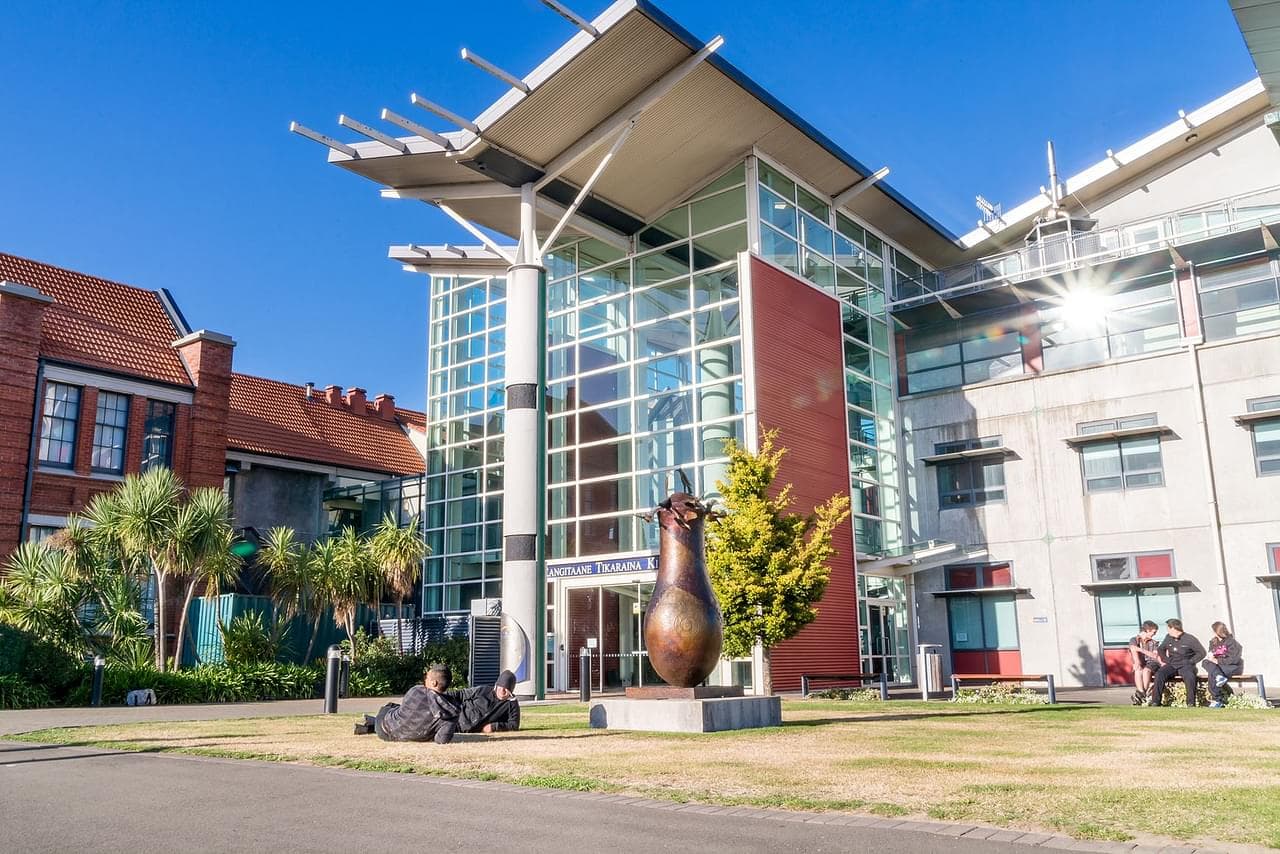This programme consist of 120 credits. The courses includes:
Bioscience in Industry 2 (15 Credits)
Learn to acquire the practical skills and theoretical knowledge in life sciences required to practise safety in a laboratory or industry setting. The course will cover:
- Microbial degradation and bioremediation
- Sampling, isolation, identification and enumeration of food-borne pathogens
- HACCP plans and Food Safety Programmes
- Water microbiology sampling
Quality Assurance (15 Credits)
Learn to take a process-based approach to environmental quality and its assessment. The course will cover:
- Bi-cultural perspectives on environmental quality and degradation
- Water chemistry sampling and analysis for nutrients and major components
- The environment and the Treaty of Waitangi
- Interplay between nutrient status, micro-organisms and chemistry in aquatic systems
- Aquifer structure and water quality
- Water quality measure (industrial, natural and polluted waters – BOD, COD and water hardness)
Biostatistics 2 (15 Credits)
Learn to implement and maintain a statistically-based product sampling programme, interpret the results, and make recommendations.
The course will cover:
- Professional statistics software
- Transform continuous data using statistical methods
- Data analysis using ANOVA
- Data analysis using regression and correlation
- Data display
- Control charting
- Biostatistical data interpretation
Advanced Culture Techniques (15 Credits)
Learn to prepare and perform advanced laboratory techniques and investigate epidemiology. The course will cover:
- Cultural perspectives on the use of biological tissues
- Virus enumeration
- Pathogen detection
- Tissue culture
- Epidemiology
- Koch's postulates
- Specialised media
Work Placement (30 Credits)
Go on supervised work experience in an applied science organisation. The course will cover:
- 240 work integrated learning/work experience
- Lectures – classroom/PC lab
- Discussions
- Practical demonstrations
- Group work
- Independent study
- Workbooks
- Practical Labs
Laboratory Instrumental Analytical Techniques (15 Credits)
Learn to analyse chemical elements and compounds employing commonly used instrumental and analytical methods. The course will cover:
- Flame atomic absorption methods of analysis, FAAS, and UV/Visible spectroscopy
- Infrared spectroscopy
- UV/Visible and fluroesecence spectroscopy
- Gas chromatography, instrumentation and GC analysis
- Ion exchange, column and size exclusion chromatography
Applied Science Investigation (15 Credits)
- Characteristics of the applied science literature
- Research design
- Data collection and analysis
- Evaluation and synthesis of information
- Cultural, ethical and legal requirements
- Use of specialised and generic software
- Research presentation
